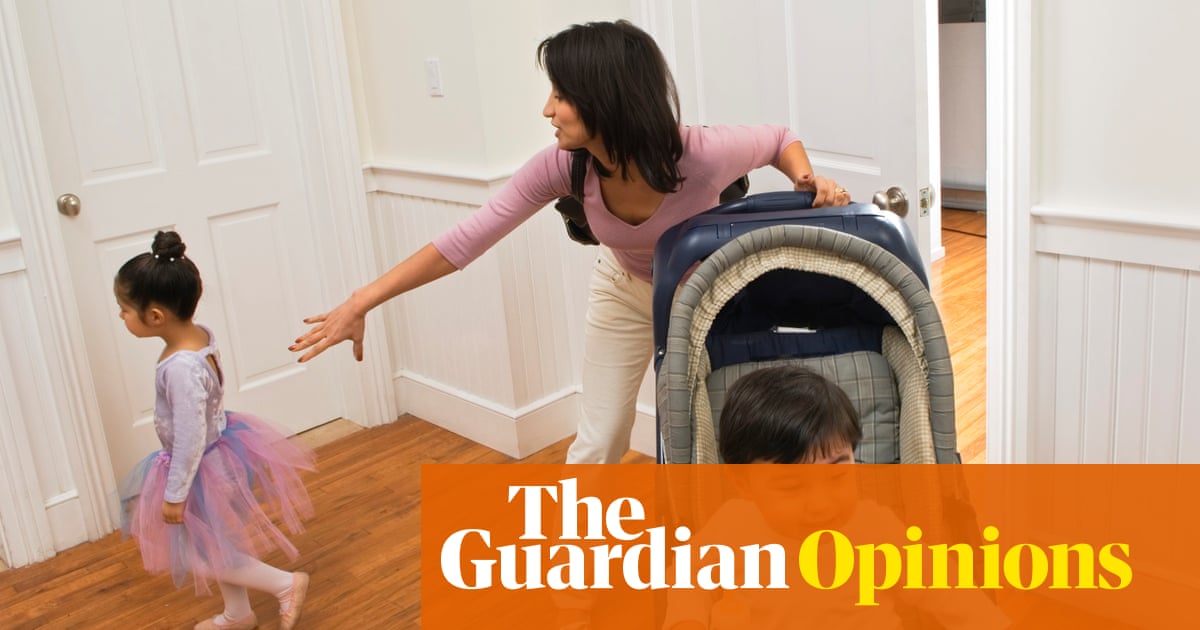
Nabila felt her diesel-drenched clothes stick to her skin, her lungs filling with fumes, hot panic rising.
It hadn’t been the first time an argument with her husband had escalated: he’d been beating her throughout their 30-year marriage, even tying her to a tree in the garden outside their small home in Afghanistan’s capital Kabul, leaving her freezing in the winter cold.
But after the attempt to set her on fire Nabila – who asked for only her first name to be used – ran away for good.
Four years on, the 50-year-old lives in a small apartment with her mother, working as a cook and cleaner at a private school, haunted by the abuse, and afraid her undercover life might one day be exposed.
“I had wanted to divorce him for a long time,” she says, “but I didn’t even know where to seek help. I’d like to write down my life’s story one day so everyone can read it – especially women in similar situations.”
About 87% of Afghan girls and women experience abuse in their lifetime, according to Human Rights Watch. A 2009 law on the elimination of violence against women had been celebrated as a hard-won victory by activists, but has since been largely ignored, with few victims able to seek justice.
A new campaign, based in Kabul, is now aiming to lower this figure. The initiative, Talk for Harmony, has partnered with activists, religious scholars and psychologists in a mass media and social media campaign, offering meditation and counselling services to victims and perpetrators, and broadcasting advice on how to handle stress and where to seek help.
“Violence starts at home and it can slowly move out – into the streets, the schools, everywhere. That’s why it needs to be extinguished at the source,” Freshta Farah of the Afghan Women’s Network – the organisation implementing the campaign – told the Guardian.
Farah puts abuse into different categories – verbal, physical and emotional. She says most cases of domestic violence, something mainly experienced by women, never reach court and are solved within families or left unsettled, often dragging on for decades.
“Violence has been normalised in many homes and has become a coping strategy for dealing with external pressures,” says Balqis Ehsan, a research officer at Magenta, the technical organisation that put together the campaign’s videos and radio messages.
“It’s straightforward,” Ehsan says. “We use Facebook, Twitter and Instagram to reach both victims and perpetrators and we have partnered with local television and radio stations that play our clips. People can call a free-of-charge number to get help and can even request in-person mediation sessions in Kabul.”
Before the launch of Talk for Harmony, research across eight of the country’s 34 provinces showed that since the coronavirus pandemic began, 35% of respondents – victims and perpetrators – reported an increase in gender-based violence, with a third of all women who took part in the study saying they didn’t know where to go or how to get help.
Among the respondents, 30% thought it “acceptable” to beat a woman who leaves the house without telling anyone, while 17% felt it was “acceptable” to use violence if a woman refused to fulfil their “marital duties”.
“At the start of the pandemic, many families were stuck at home. Economic pressures mounted and in such situations, violence is sometimes used as a first coping strategy,” Ehsan says.
Soraya, 57, a university-educated working mother of five, was married at 13. Even as the family’s main financial provider, she still faces regular verbal and emotional abuse. She asked to be referred to by her first name only.
“Both my husband and I face difficulties – living in a country at war is difficult enough and our society puts additional pressures on us. He deals with it by letting out his anger, by regular outbursts. As a woman, I am expected to hide my feelings,” she says, adding that while she doesn’t feel free, her husband’s permission to let her study and work has opened opportunities for her.
“Violence is not the answer to angry emotions,” Freshta Farah says. Talk for Harmony is scheduled to run for the next two months, but the Afghan Women’s Network hopes that this is just the beginning.
“We have a long way to go to extinguishing domestic violence at its source,” Farah says.












